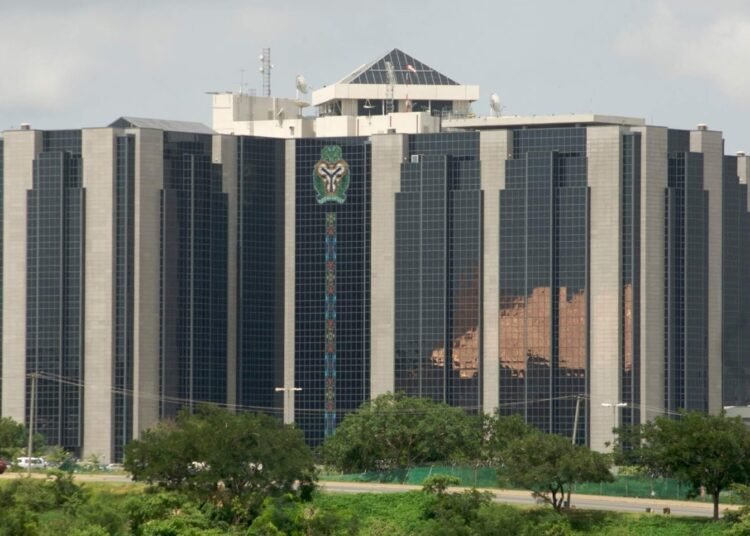The Central Bank of Nigeria (CBN) has directed banks currently operating under regulatory forbearance to suspend dividend payments, defer executive bonuses, and halt new investments in foreign subsidiaries or offshore ventures.
The directive, announced as part of the apex bank’s efforts to strengthen capital buffers and improve financial resilience, targets institutions facing credit exposure risks and Single Obligor Limit breaches indicators of potential stress in the sector.
According to the CBN, the suspension will remain in place until affected banks fully exit the forbearance regime and their capital adequacy and provisioning levels are independently verified to meet prevailing regulatory standards. This move ensures internal resources are retained to meet current and future obligations and restore sound financial health.
Impacted banks are required to:
Suspend dividend payouts, defer bonuses for directors and senior management, and refrain from further offshore investments.
The measure aligns with the CBN’s broader strategy for sector recapitalization, amid rising inflation, exchange rate volatility, and increased exposure to high-risk sectors. It marks a continuation of tighter controls by the CBN, which has in recent years restricted the use of foreign exchange revaluation gains and discouraged profit distributions not backed by tangible capital growth.
In 2022, the CBN extended loan interest forbearance to support COVID-19 recovery, a move that increased banks’ credit exposure. By 2023, it barred the use of FX gains for dividends, mandating the warehousing of such funds in a special regulatory reserve. In 2024, the CBN reaffirmed this stance, emphasizing capital preservation over distribution.
This latest directive underscores a shift from short-term relief measures to long-term financial discipline reinforcing the need for prudence as the banking sector prepares for phased recapitalization targets through 2026.






























































